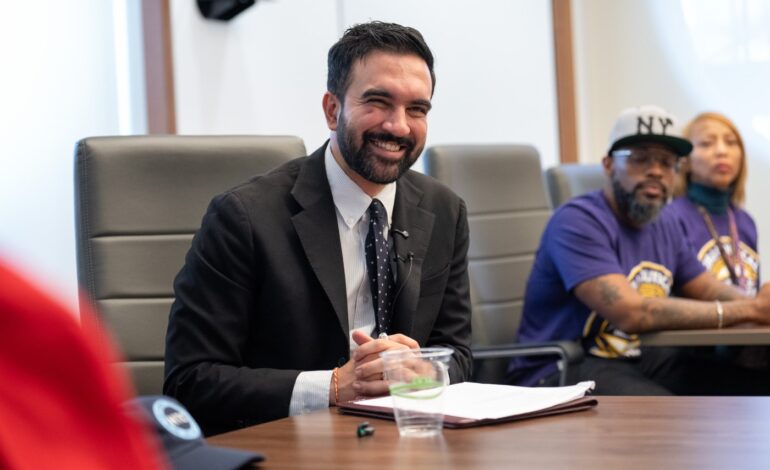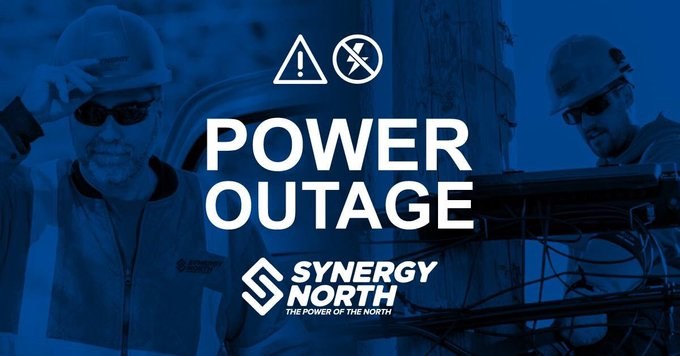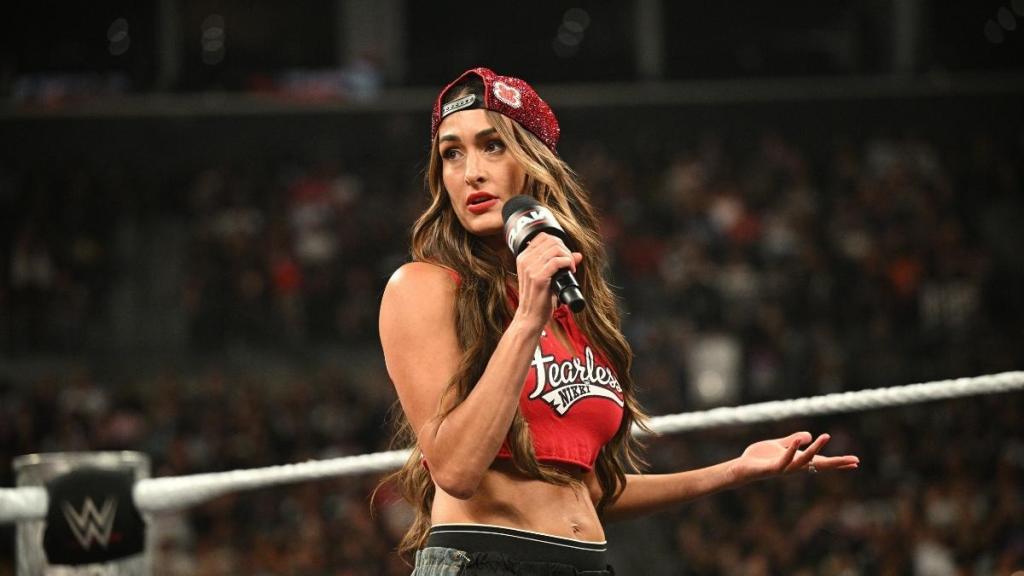Debate Sparks Over Mamdani’s Credentials and Political Ideals

The recent discourse surrounding Zohran Mamdani’s candidacy for New York City mayor has ignited a wave of opinions, particularly regarding his experience and political platform. In a June 17 article published in the *New York Post*, George Arzt, former press secretary for NYC Mayor Ed Koch, expressed skepticism about Mamdani’s readiness for the mayoralty, stating, “I don’t think Zohran is prepared for the mayoralty. He’s young and totally lacks credentials for the job.”
Contrary to this assertion, many supporters argue that Mamdani’s credentials align well with the current Democratic Party’s values. His platform includes proposals for free bus service, free childcare, rent freezes, city-run grocery stores, and higher taxes on the wealthy. These ideas resonate with a significant portion of the electorate who advocate for more accessible public services.
Mamdani, who has been endorsed by prominent figures such as Bernie Sanders, stands at the forefront of what some are calling the “where’s my free stuff?” movement. Critics, however, question the feasibility of his proposals. One commentator humorously suggested that if free services are the goal, why not extend this to free cars or homes? This satirical take highlights a broader concern among detractors about the implications of a socialist agenda.
In a series of letters to the editor, various perspectives emerged regarding Mamdani’s candidacy and the reactions it has provoked. One reader from Brooklyn posed a question regarding the concerns raised by local rabbis, wondering what specific threats Mamdani might pose to their community. Another, from Massapequa Park, questioned the efficacy of socialism, pointing out that many individuals flee from socialist countries to seek opportunities elsewhere.
A recurring theme in these discussions is the perception of Mamdani’s political ideology. Critics have labeled him a “communist,” a characterization that many proponents vehemently contest. One writer argued that equating democratic socialism with communism is a misrepresentation, stating, “Get real, Daily News! Afraid of losing corporate sponsors?” This reflects a growing frustration among some segments of the public about the portrayal of leftist policies in mainstream media.
As the debate continues, the impact of Mamdani’s proposals on local businesses is also a point of contention. John Catsimatidis, a prominent grocery store owner, has expressed concern over Mamdani’s call for grocery stores operated by the city. Critics argue that such initiatives could threaten the livelihoods of local businesses, while supporters see them as necessary steps toward economic equity.
Concerns about governance extend beyond Mamdani’s platform. Questions about administrative competence have arisen, particularly regarding the qualifications of city officials. A letter from a Brooklyn resident emphasized that effective leadership doesn’t necessarily require a traditional background in law enforcement, pointing to the successful tenure of NYPD Commissioner Jessica Tisch as an example of effective administration.
Public sentiment is also being expressed through actions beyond voting. Recent protests, such as the No Kings events on October 18, drew approximately 7 million people across more than 2,700 locations in the United States. These demonstrations were fueled by frustrations around perceived threats to democracy and calls for accountability from corporate entities supporting controversial political figures. Companies like Disney, Target, and T-Mobile have faced consumer backlash, indicating that economic boycotts may become a more common tool for expressing dissent.
As the election date approaches, the discourse surrounding Mamdani’s candidacy will likely intensify. His supporters argue that his progressive ideas reflect a necessary shift in the political landscape, while detractors remain concerned about the implications of his policies. The outcome of this mayoral race could have lasting implications for New York City and the broader political environment.
In the face of such polarized opinions, it is clear that Mamdani’s candidacy is not just about one individual but rather reflects deeper societal divides regarding governance, economic policy, and the future direction of the Democratic Party. How these conversations evolve may ultimately shape not only the upcoming election but also the way in which political discourse is conducted in the future.






